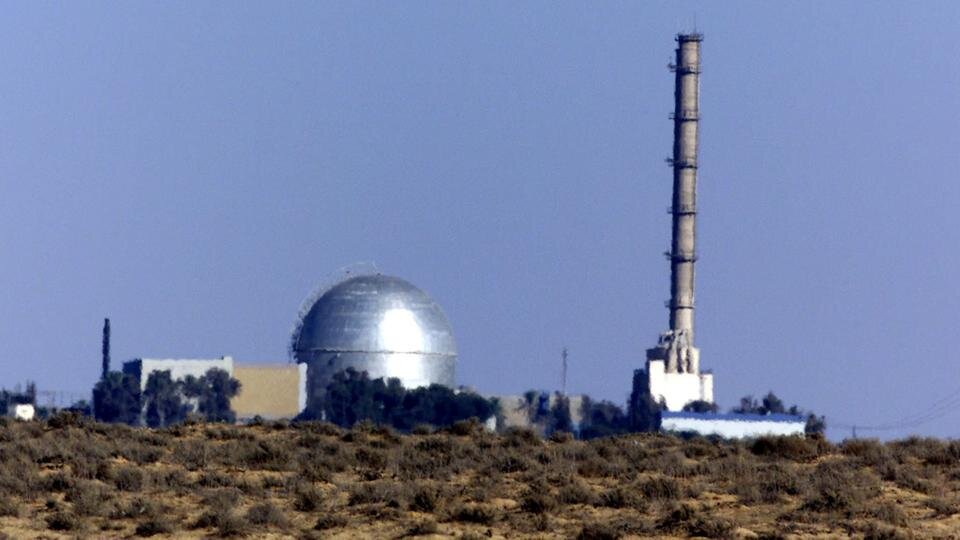Israel admits failure to intercept Syria missile landing near Dimona military nuclear site

The Israeli war minister admitted on Thursday that Tel Aviv tried, but failed to intercept a Syrian missile that landed near the regime’s most sensitive Dimona military nuclear site.
“There was an attempt to intercept it, which did not succeed. We are still investigating the event,” Benny Gantz said after the incident, The Times of Israel reported.
Earlier in the day, the Israeli military said an “SA-5” -- a long-range projectile handled by Syria’s Russian S-200 missile systems -- had been fired towards the Israeli aircraft but had “overflown” its target.
The missile instead “landed some 30 kilometers (19 miles) away” from the regime’s top-secret and hugely controversial Dimona nuclear site, which reportedly accommodates the main features of Tel Aviv’s military nuclear program.
Gantz also acknowledged that the Israeli military had been on alert against such potential incidents. The military “worked to prevent a potential strike on critical assets,” he said.
His latter remarks echoed earlier ones made by Israeli media outlets that the regime had been reinforcing missile systems around the Dimona facility and the Red Sea port Eilat in the occupied territories in anticipation of a possible long-range missile or drone attack.
Gantz’s predecessor and Israeli Prime Minister Benjamin Netanyahu’s rival, Avigdor Lieberman, also took the chance to rip into the premier, saying the regime had “no functioning government, and the power of the deterrence is spent.” Netanyahu “is asleep at the wheel because he is busy with his personal affairs,” Lieberman said, and called on the Knesset (Israeli parliament) to “end the paralysis.”
Gantz claimed the missile had landed near Dimona as a result of “errant” Syrian anti-aircraft fire. General Frank McKenzie, head of the United States Central Command, also echoed the remarks, addressing the Senate Armed Services Committee earlier.
Many observers, however, provided different assessments.
“I think that this is a lie,” Mimi al-Laham told Press TV from Perth, Australia, of the incident, noting how it only took Israeli sources some 40 minutes following the incident to “spin the elaborate” version.
She said the missile was not errant and appeared to be a “surface-to-surface” or “ballistic” missile rather destined for the target that it hit.
“A few years ago, when Syria shot down an Israeli jet, they claimed it was an ‘engine failure,’” she recalled.
Israeli and Western media have, meanwhile, noted how the missile incident came shortly after Iran warned that it will retaliate for a recent Israeli act of sabotage against its Natanz nuclear facility. Earlier this month, the incident cut the power across the facility but did not lead to any casualties and damages, or any complications.
Soon after the Israeli operation, Iran began enriching uranium up to 60-percent in purity, with President Hassan Rouhani calling it a first retaliatory step. Iran’s Ambassador to international organizations Kazem Gharibabadi also warned that the occupying regime “will finally - and soon - realize that they must never threaten Iranians.”
